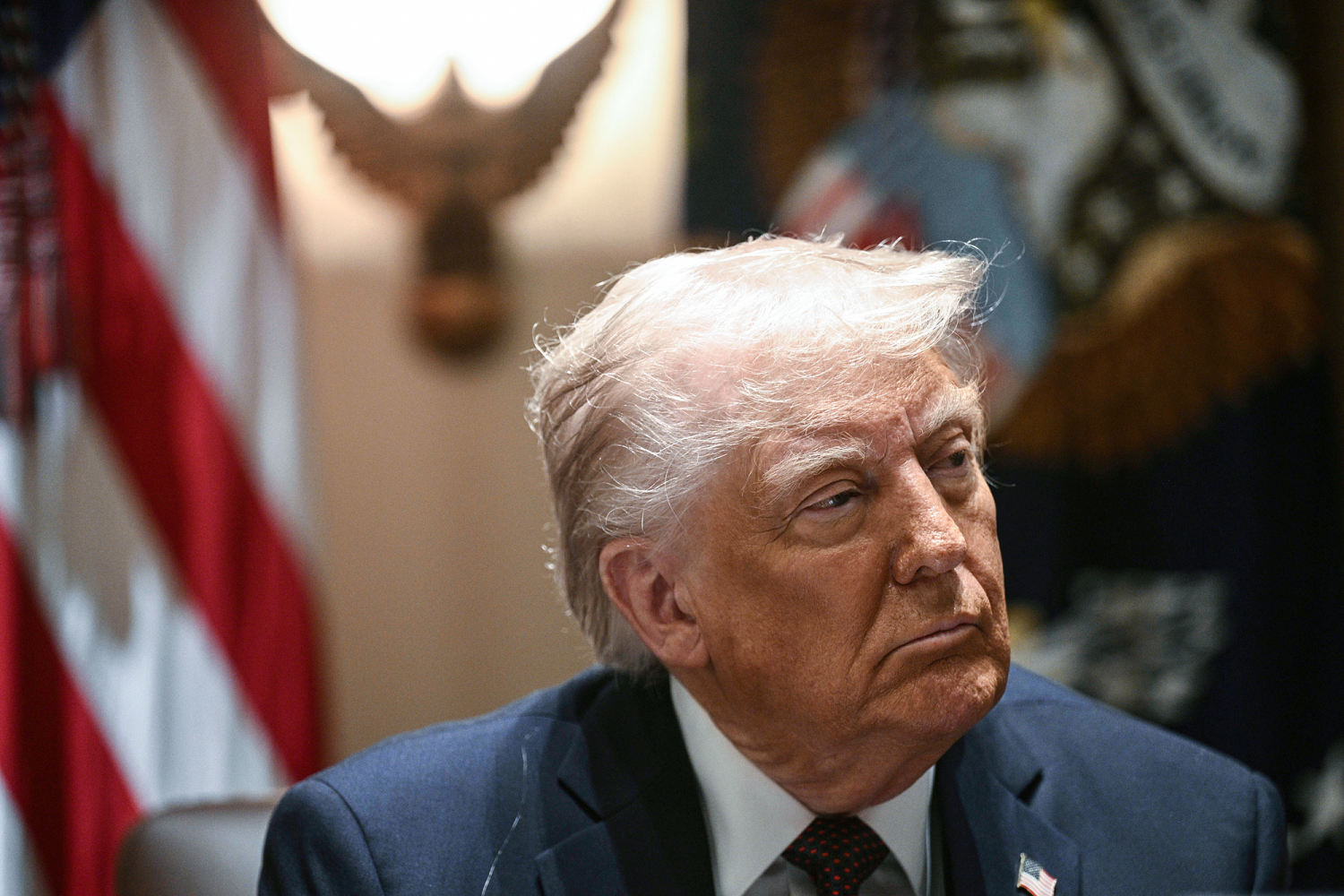Washington D.C. - The Trump administration has taken several steps recently that critics say concentrate power within the executive branch and limit critical voices. These actions have ignited a national conversation about the balance of power in government and the importance of protecting free speech.
Among the controversial moves are executive orders that expand presidential authority in areas previously subject to congressional oversight. Legal experts are debating the constitutionality of these orders, with some arguing they exceed the president's delegated powers.
Furthermore, the administration has taken steps to limit access to information and restrict communication from government agencies. This has drawn criticism from journalists and watchdog groups, who claim it hinders transparency and accountability.
Supporters of the administration argue that these measures are necessary to protect national security and implement the president's agenda effectively. They maintain that the president is acting within his legal authority and that concerns about overreach are unfounded.
The debate over the Trump administration's actions is likely to continue, with potential legal challenges and ongoing scrutiny from the media and the public. The implications for the future of American democracy remain a subject of intense discussion.
Trump Administration Moves to Centralize Power, Limit Dissent

The Trump administration is rapidly consolidating power, raising concerns about executive overreach. Recent actions have sparked debate over the limits of presidential authority and the protection of free speech. Critics argue these moves stifle dissent and undermine democratic principles. The administration defends its actions as necessary for national security and effective governance.
Source: Read the original article at NBC